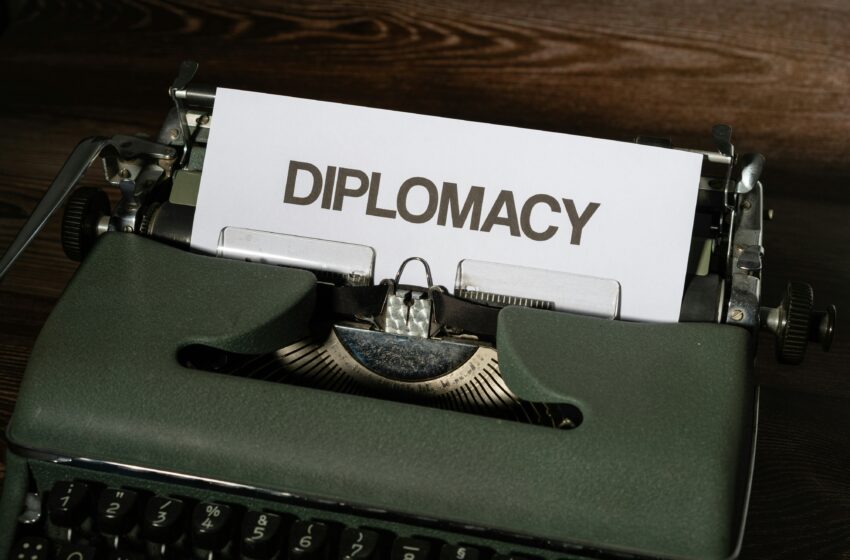
The Philippines Continues Diplomatic Conversation with China Despite Increasing Tensions in the South China Sea
In a bid to address escalating tensions in the South China Sea, Philippines’ President Ferdinand Marcos Jr. has emphasized the importance of continued dialogue with China. The president’s remarks come in the wake of recent incidents involving maritime clashes and assertive actions in the disputed waters.
President Marcos Jr. urged China to engage in diplomatic discussions to prevent further escalation of tensions in the South China Sea. Emphasizing the significance of dialogue, he underscored the Philippines’ commitment to exploring all avenues of communication with Chinese leadership.
Highlighting ongoing efforts to promote regional stability, President Marcos Jr. expressed hope that collaborative maritime activities, such as the joint exercise involving Japan, Australia, and the United States, would contribute to reducing incidents at sea. The recent “maritime cooperative activity” involving warships from the four nations aimed to enhance coordination and strengthen maritime security in the region.
Leaders of Japan, the United States, and the Philippines are set to convene in Washington later this week for a summit to discuss various issues, including recent developments in the South China Sea. The upcoming meeting underscores the importance of multilateral cooperation in addressing shared concerns and fostering regional peace and stability.
Recognizing the complexity of the maritime disputes in the South China Sea, President Marcos Jr. reiterated the Philippines’ commitment to pursuing dialogue as a primary strategy for resolving conflicts and preventing further escalation. He emphasized the need for constructive engagement and diplomatic channels to manage tensions effectively.
Amidst rising tensions, President Marcos Jr. called for restraint and adherence to international law in the conduct of activities in the South China Sea. Upholding the principles of freedom of navigation and respect for territorial sovereignty, he underscored the importance of peaceful coexistence and adherence to established norms and agreements.
The response from China’s embassy in Manila remains awaited as the Philippines seeks to engage in constructive dialogue and address concerns through diplomatic channels. China’s stance and willingness to participate in discussions will play a crucial role in determining the trajectory of regional tensions in the South China Sea.
As tensions persist in the South China Sea, the Philippines reaffirms its commitment to diplomatic dialogue and peaceful resolution of disputes. By prioritizing dialogue and cooperation over confrontation, stakeholders in the region can work towards building trust, enhancing security, and promoting stability in one of the world’s most strategically significant waterways.






